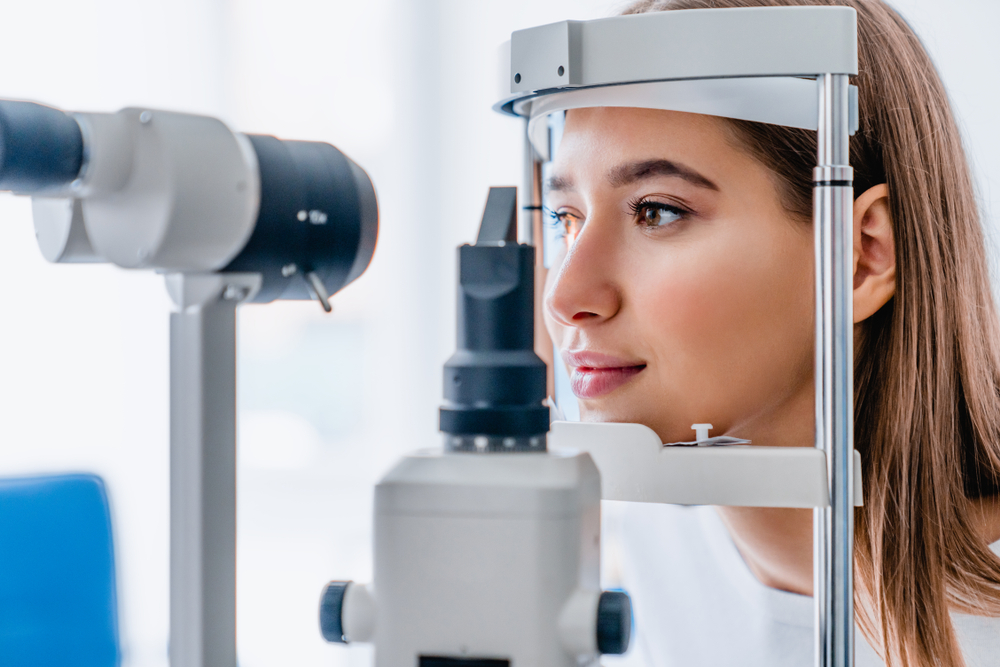
The American Academy of Ophthalmology defines myopia as a refractive issue in adults and children, though most commonly in children. This eye condition happens when the eye lens focuses the light in front of—not on—the retina, resulting in blurry distance images. Knowing if myopia is curable can help prepare you for the possible treatments that you need. Here are the details.
Myopia as an Eye Condition
Clinical research shows that myopia does not have a cure. Even so, there are many treatment options available to slow its progression or manage its symptoms. Myopia can worsen as you age. Preteens and teens tend to have worse vision during their growth spurts. By 20 years old, the symptoms often plateau.
Adults can also develop myopia. This may happen because of chronic diseases such as cataracts or diabetes. Visual stress can also trigger its onset. This type of stress is often the result of performing excessive up-close activities. Researchers believe that the eye muscles for focusing remain in the near mode because of overuse. Seeing your eye doctor is necessary if you are experiencing sudden vision loss or nearsightedness.
Some patients with myopia might see their vision improve without treatment. This often happens during adolescence or childhood while the eyeballs are still developing. Research reveals that young people who spend more time outdoors may have lower risk of myopia.
Treatment Options
Seeing an eye doctor early can help catch the onset of myopia and start the child on proper treatments and prevent the condition’s worsening. Regardless of the patient’s age, some treatments can help manage myopia symptoms. Here are some of them:
Contact lenses- These are made of flexible and soft material. They sit on your cornea and adjust the way light enters your eyes
Corrective eyeglasses - Eyeglasses bend light as it enters your eyes. This allows the retina to focus and provide better vision
Ortho-k or orthokeratology – This is a noninvasive treatment for myopia. You will wear specialized contact lenses overnight. As you sleep, these lenses will gently reshape your cornea. The next morning, you will benefit from clear vision without the need for eyeglasses
Low-dose atropine eye drops – These eyedrops are often used to dilate the pupil before eye exams or surgery. However, they can also be used to slow myopia progression in teens and children by applying low concentrations of the eye drops
Refractive surgery – Options come in the form of SMILE (small incision lenticule extraction), LASIK, and PRK (photorefractive keratectomy). The aim of these procedures is to reshape the cornea and correct the patient’s vision
Preventing Nearsightedness from Worsening
Research shows that no method guarantees the complete stabilization of myopia. Slowing its progression is the most common way to take control. Teens and children are the ones who can experience better vision through these preventive practices. Here are some of them:
Limit your screen time
Correct vision issues early in life
Take frequent breaks from near work
Ask your doctor about low-dose atropine eye drops
Manage chronic illnesses
Increase the time you spend outdoors
Myopia may not be curable, but there are ways to prevent, slow, or manage this condition. At DaVinci Eye Care, we help our patients achieve better eye health. Please visit our clinic in Warminster, Pennsylvania, for an in-person consultation. Call 215-608-4799 to set an appointment or ask about our myopia treatment packages.







